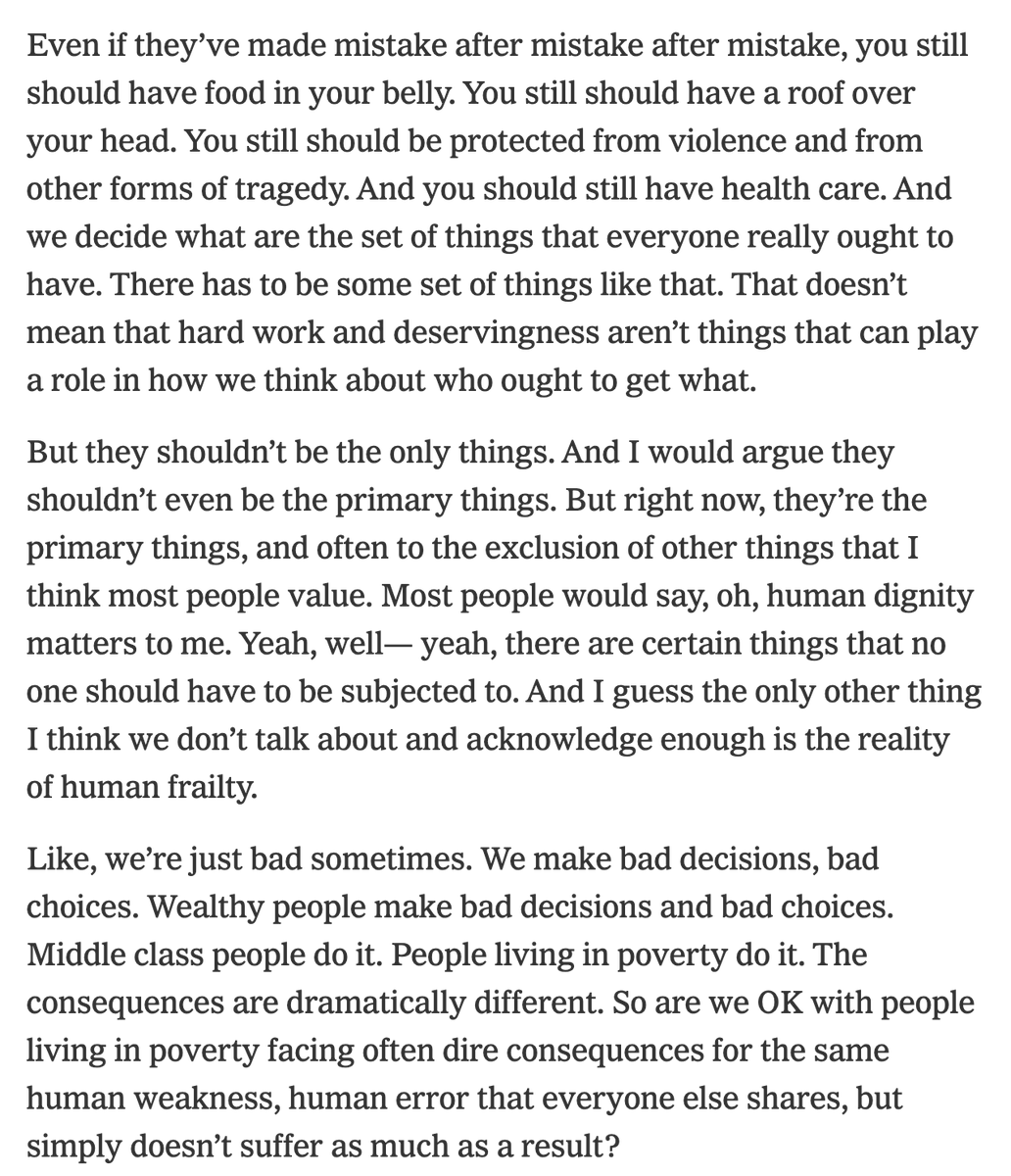
Senator Sinema's op-ed defending the filibuster is frustrating, but I want to take one argument from it seriously, because it's shared by many of her colleagues: The idea that ending the filibuster will mean ricochet legislating. washingtonpost.com/opinions/2021/… 

I know people of good-faith believe this argument, and it's a reason they don't want to get rid of the filibuster.
BUT:
1. It's not true, mostly.
2. In the limited cases it is true, it's healthy.
BUT:
1. It's not true, mostly.
2. In the limited cases it is true, it's healthy.
I'm not going to try to condense this to tweet length. But I've reported and written a lot on this, and here's the counterargument: 



There's more to this argument, but at base, it's built on a mistrust of voters' intelligence and a rejection of elections as a method of holding politicians accountable.
That Sinema is using it to help the GOP block bills to strengthen elections is, thus fitting.
That Sinema is using it to help the GOP block bills to strengthen elections is, thus fitting.
Let the majority party govern and trust voters to judge them on results.
That's not radical. It's common sense. nytimes.com/2021/04/29/opi…
That's not radical. It's common sense. nytimes.com/2021/04/29/opi…
• • •
Missing some Tweet in this thread? You can try to
force a refresh












